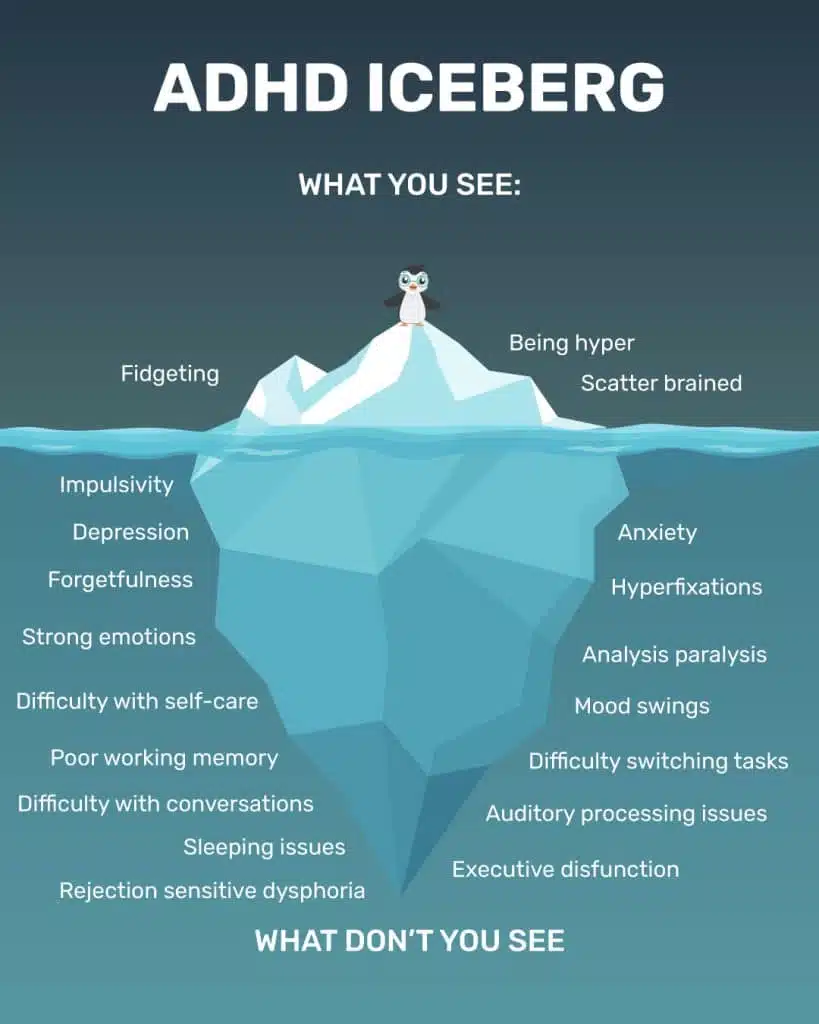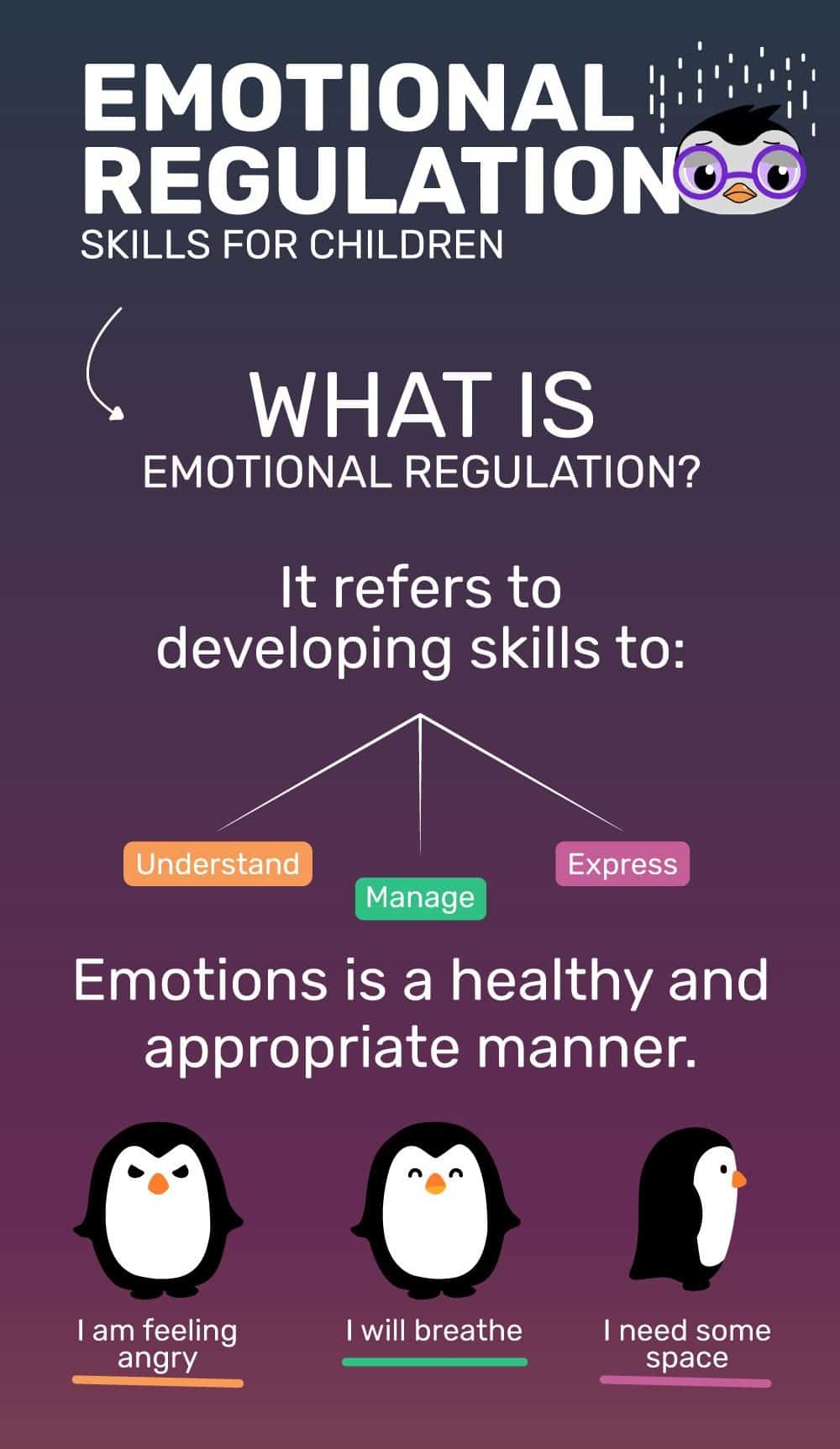It goes like this: when you’re catering to children with ADHD, think about a blend of set routines, regular exercise, relaxation techniques, behavior therapy, and natural remedies. These remedies include maintaining a balanced diet, encouraging brain-healthy supplements, ensuring ample sleep, and managing screen time. Simple.















